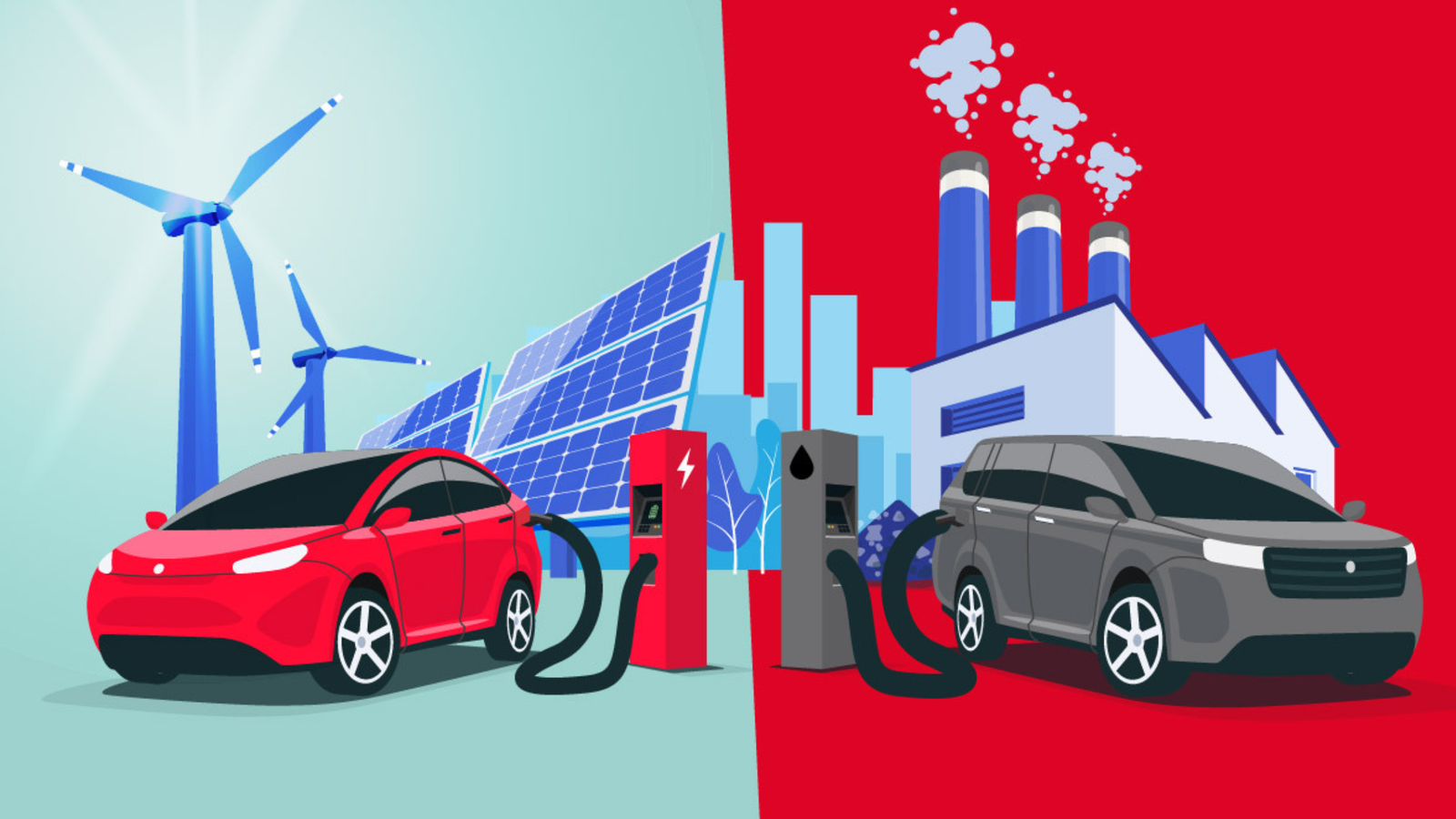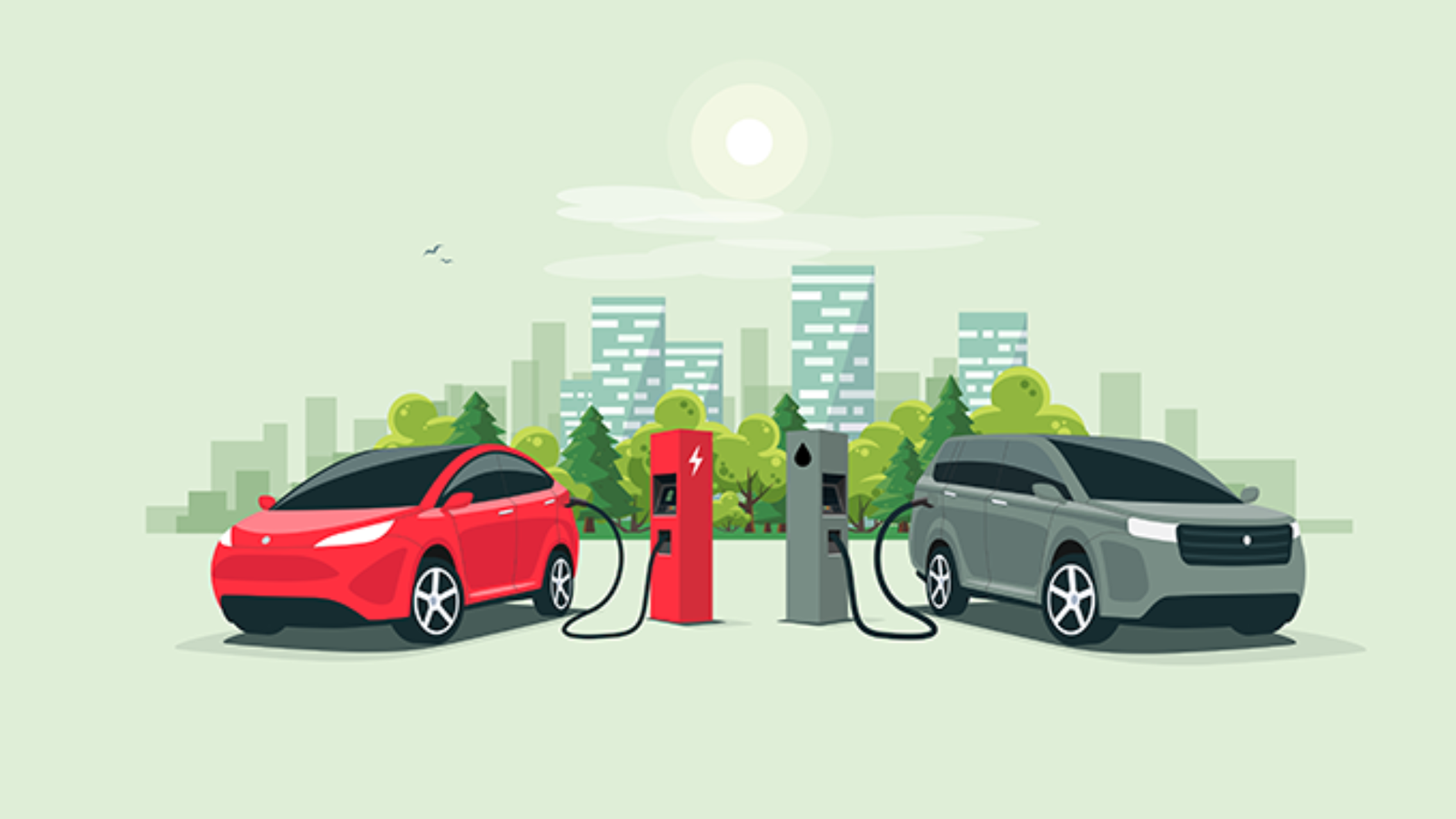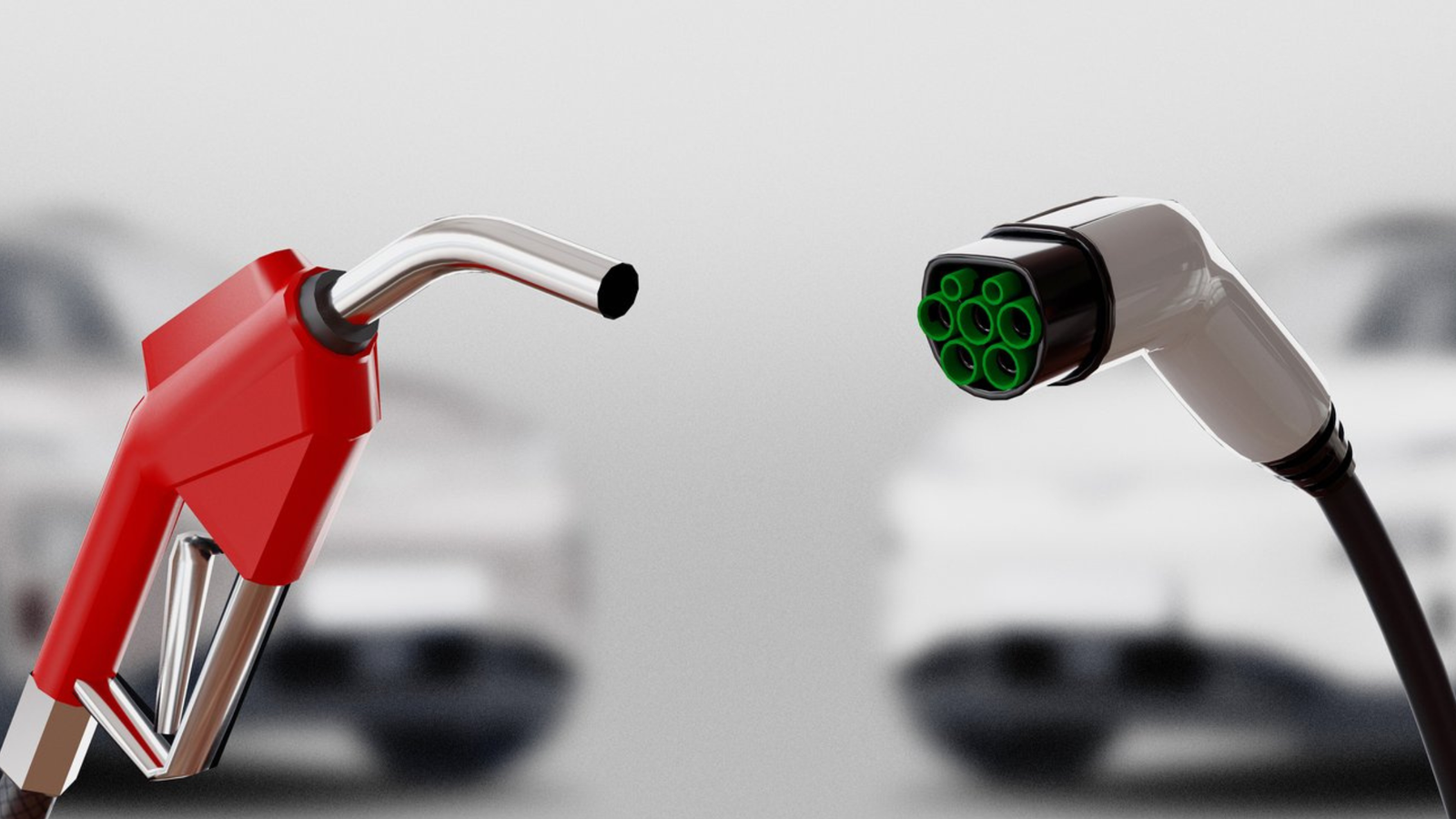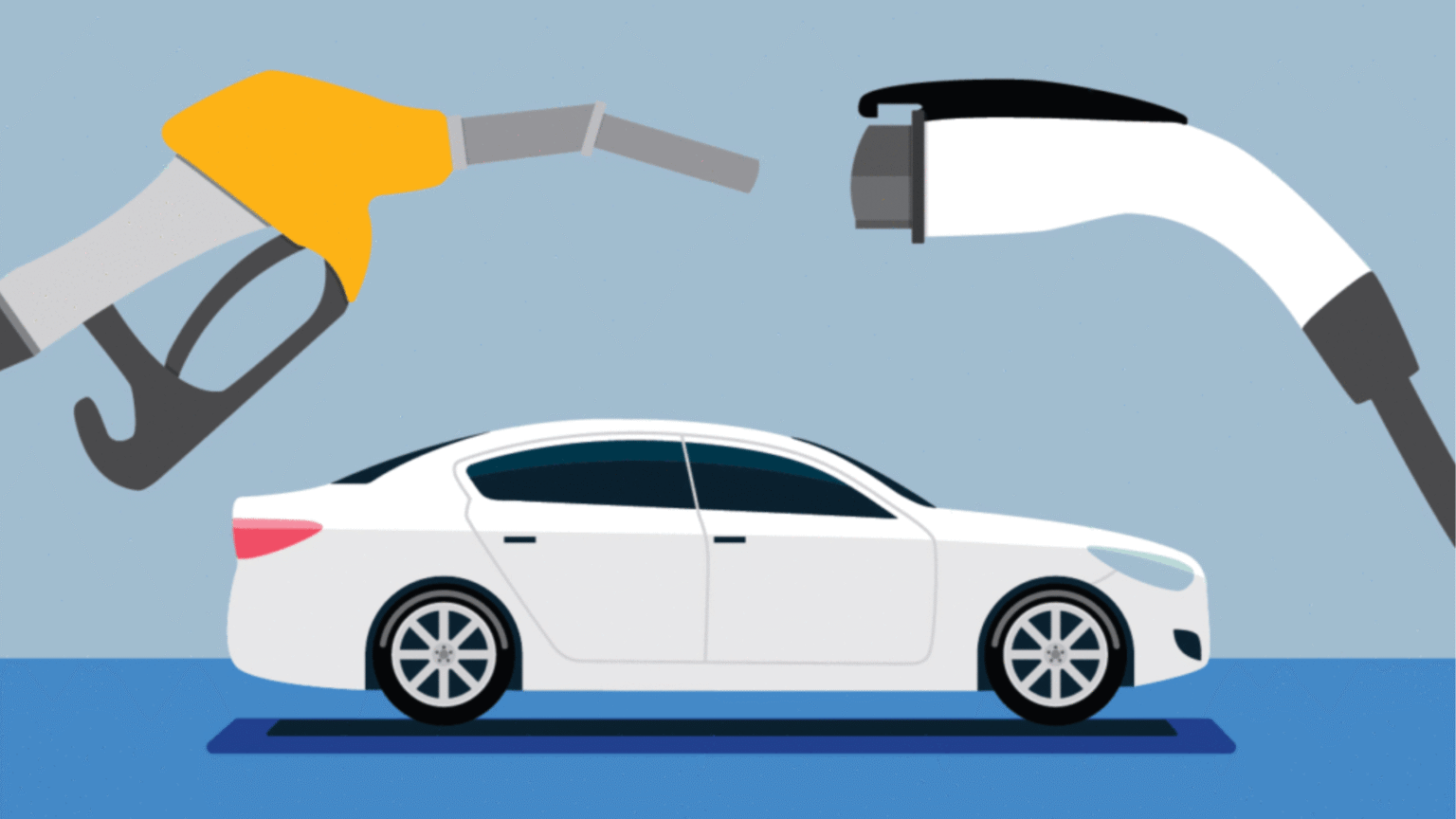In the evolving world of automotive technology, the debate of Hybrid vs Electric Cars has taken center stage. As fuel prices rise and climate concerns grow, drivers are increasingly moving away from traditional gasoline-powered vehicles. The shift toward sustainable mobility has birthed two major contenders: hybrid cars and fully electric vehicles (EVs). But when it comes to choosing the right one for your lifestyle and budget, how do you decide?
This comprehensive guide explores the Hybrid vs Electric Cars debate from all angles, offering insights into their technologies, pros and cons, performance, costs, and environmental impact. Let’s help you make the right choice in 2025.

Table of Contents
-
Introduction: The Rise of Green Driving
-
What is a Hybrid Car?
-
What is an Electric Car?
-
Hybrid vs Electric Cars: Key Differences
-
Pros and Cons Comparison
-
Top Hybrid and Electric Cars in 2025 (with Prices)
-
Cost Analysis Over 5 Years
-
Environmental Impact
-
Which One Should You Choose?
-
Conclusion
1. Introduction: The Rise of Green Driving
The last decade has witnessed a revolution in transportation. Environmental awareness, government incentives, and technological advancements have transformed how we think about commuting. As a result, the Hybrid vs Electric Cars comparison is more relevant now than ever before.
2. What is a Hybrid Car?
A hybrid vehicle uses a combination of an internal combustion engine (ICE) and an electric motor. The motor supplements the engine during acceleration or low-speed driving, improving fuel efficiency and reducing emissions.
There are two main types:
-
Full Hybrid: Can drive on electric power alone for short distances.
-
Plug-in Hybrid (PHEV): Has a larger battery that can be charged via an external source and drive longer purely on electricity.
3. What is an Electric Car?
Electric Vehicles (EVs) are powered solely by electric motors. They have no fuel tank or combustion engine. Instead, they rely on rechargeable battery packs and need to be plugged in to recharge.
Battery capacity determines the range—many modern EVs can travel over 300 miles on a single charge.
4. Hybrid vs Electric Cars: Key Differences
| Feature | Hybrid Cars | Electric Cars |
|---|---|---|
| Fuel Source | Gasoline + Electric | Fully Electric |
| Range | 400–600 miles | 200–400 miles |
| Charging Requirement | Not always (unless PHEV) | Always |
| Emissions | Lower than gas, but not zero | Zero tailpipe emissions |
| Maintenance | Moderate (engine + motor) | Lower (no engine) |
| Cost | Generally cheaper than EVs | Higher upfront, lower running cost |
In the Hybrid vs Electric Cars debate, the differences center around usage style, range anxiety, environmental impact, and budget.
5. Pros and Cons Comparison
Hybrid Cars
Pros:
-
No range anxiety
-
Ideal for long-distance driving
-
Generally lower purchase cost
-
Widely available infrastructure
Cons:
-
Still rely on fossil fuel
-
More complex maintenance due to dual systems
-
Lower electric-only range (PHEVs)
Electric Cars
Pros:
-
Zero emissions
-
Lower running costs
-
Eligible for tax rebates
-
Quieter, smoother ride
Cons:
-
Charging infrastructure still growing
-
Higher initial cost
-
Charging time required
The Hybrid vs Electric Cars conversation often comes down to your driving habits and access to charging stations.

6. Top Hybrid and Electric Cars in 2025 (With Prices)
| Model | Type | Electric Range | Fuel Efficiency (MPGe) | Price (USD) |
|---|---|---|---|---|
| Toyota Prius Prime | Plug-in Hybrid | 44 miles | 133 MPGe (EV) | $32,350 |
| Honda Accord Hybrid | Full Hybrid | N/A | 48 MPG | $31,400 |
| Tesla Model 3 Long Range | Electric | 358 miles | 131 MPGe | $47,990 |
| Hyundai Ioniq 5 | Electric | 303 miles | 114 MPGe | $43,300 |
| Ford Escape PHEV | Plug-in Hybrid | 37 miles | 105 MPGe | $40,500 |
| Chevrolet Bolt EUV | Electric | 247 miles | 115 MPGe | $33,500 |
These models are top picks for drivers weighing the pros and cons of Hybrid vs Electric Cars in 2025.
7. Cost Analysis Over 5 Years
| Cost Type | Hybrid (e.g., Prius Prime) | Electric (e.g., Tesla Model 3) |
|---|---|---|
| Purchase Price | $32,000 | $48,000 |
| Fuel/Electricity | $6,000 | $2,000 |
| Maintenance | $3,500 | $1,500 |
| Tax Incentives | -$2,000 | -$7,500 |
| Total 5-Year Cost | $39,500 | $44,000 |
When comparing Hybrid vs Electric Cars, EVs have lower operational costs but require a higher upfront investment.
8. Environmental Impact
In the sustainability debate of Hybrid vs Electric Cars, EVs clearly take the lead with zero tailpipe emissions. However, hybrids still provide a significant reduction compared to gasoline-only cars.
-
Hybrid Emissions: 80–120 g CO₂/km
-
Electric Emissions: 0 g CO₂/km (vehicle); overall depends on energy grid source
Electric vehicles contribute more to a greener planet, especially when powered by renewable energy.
9. Which One Should You Choose?
Let’s consider your use case to help settle the Hybrid vs Electric Cars dilemma:
Choose a Hybrid Car if:
-
You frequently take long trips
-
You don’t have easy access to EV charging stations
-
You want lower upfront costs
-
You’re transitioning from gas to electric gradually
Choose an Electric Car if:
-
You mostly drive within the city
-
You want the greenest option
-
You have home charging access
-
You prefer advanced technology and a quieter ride
Ultimately, the decision in the Hybrid vs Electric Cars debate boils down to lifestyle, driving needs, and budget.

10. Conclusion
Both hybrid and electric cars are excellent choices for eco-conscious drivers looking to cut fuel costs and emissions. The Hybrid vs Electric Cars decision isn’t about which is better overall—but which one is better for you.
Hybrids offer flexibility and familiarity, while electric cars provide the cleanest and most future-proof driving experience. Whichever you choose, both are significant steps toward a more sustainable future.
In 2025, as technology evolves and infrastructure improves, the lines between Hybrid vs Electric Cars will continue to blur—but one thing remains clear: the future of driving is electric, and it starts with the choice you make today.

